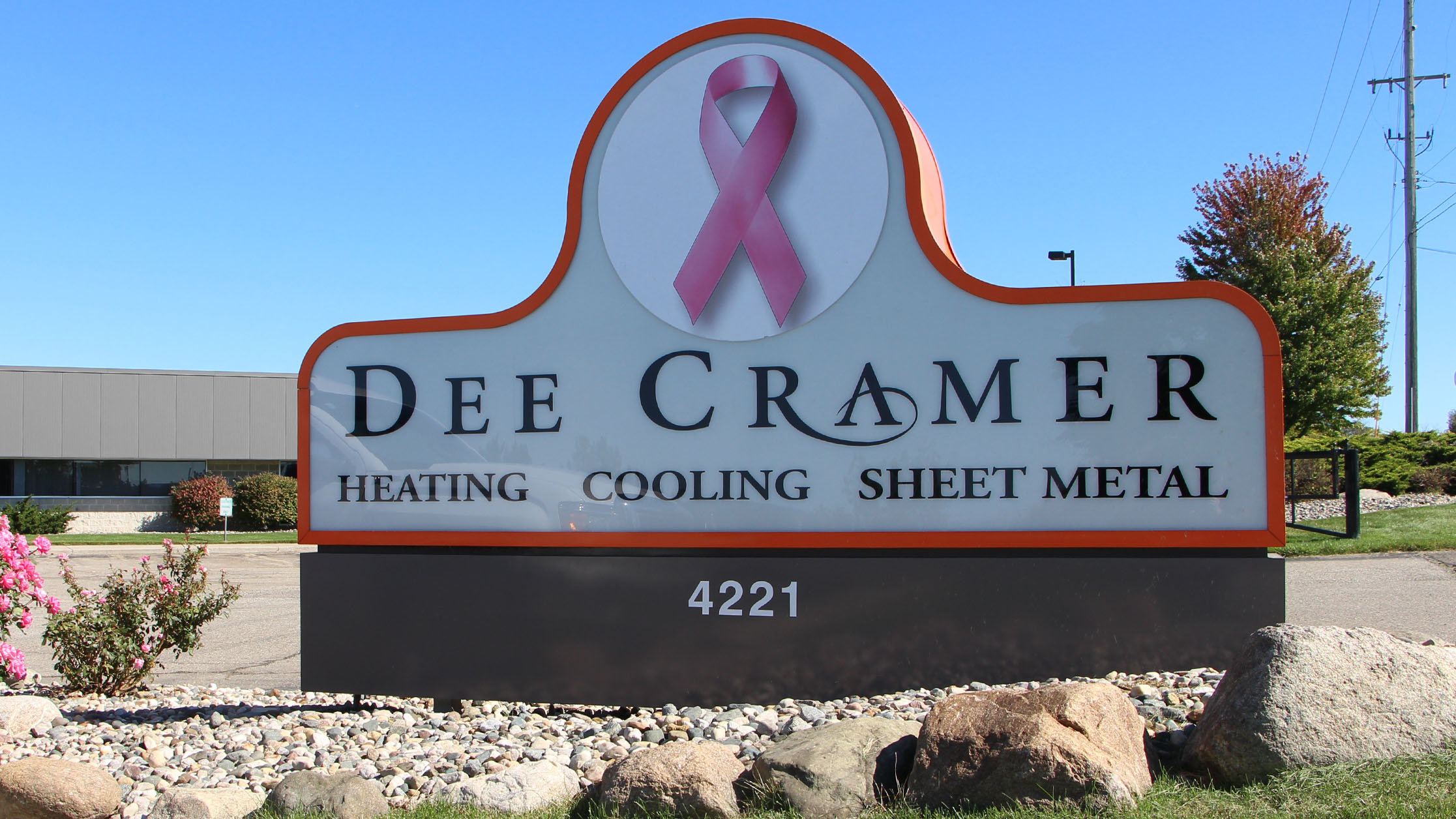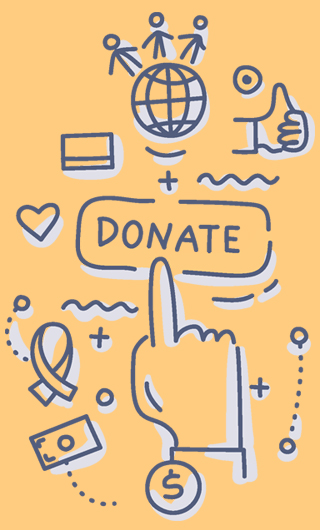
When employees of Dee Cramer spend time helping with Hurley Medical Center’s phone-a-thon or GM Customer Care and Aftersales employees do work around Carriage Town Ministries, the organizations clearly benefit from the help and are grateful for having their load lightened a bit. For the volunteers, they get a day away from their jobs and gain the sense of satisfaction that comes with helping others.
Not always recognized, however, is the value those efforts have for the participating businesses.
Recent studies show that companies that allow and even encourage community volunteering benefit in a number of ways: an enhanced reputation within the community; an increase in employee job satisfaction, which helps with retention and recruitment; and even a little free positive publicity that could lead to new business.
It’s a winning situation for all involved, the evidence of which has encouraged participating businesses to do more community engagement and others to jump on the volunteer train.
“Effective corporate citizenship programs achieve two goals: They deliver business as well as social value,” said Katherine Smith, executive director of the Boston College Center for Corporate Citizenship, commenting on its 2015 study.
Michael Stevenson, a managing partner at Clarus Partners in Columbus, Ohio, added that it also boosts morale. “It’s an opportunity for employees to get to know one another better, to work as a team. That teamwork and camaraderie carries over to the work environment and improves the business,” said Stevenson, in a November 2016 article for Smart Business.
Dick Skaff, president of Skaff Furniture & Carpet, would agree with those observations, since he is modeling those at his Flint store.
“We are trying to create a culture in here, an attitude of respect,” he said. “To attract and retain good employees is about the most important thing a business can do. Our employees see the way we treat our customers, they see the way we treat other employees and the way we give back to the community. I just think that we are sort of sending a message.”

Skaff’s biggest community engagement project has been its Save and Share event. It began in 2012 as a one-day sale from which 15 percent of every purchase was split among Carriage Town Ministries, Food Bank of Eastern Michigan and Whaley Children’s Center. That first year, Skaff gave a total of $12,500 to the three charities.
The event has been held every year since then, with a few tweaks here and there. Last year an extension of the sale brought in a total of $33,000, which was split evenly among the three charities. This year’s sale will be held on the four days following Thanksgiving and a fourth organization will be added: Communities First Inc.
Skaff said that giving back also is part of his Christian values and is something that was modeled by his father, Woody, who died in 2013. “It was very important to him to be active in the community. That’s just who he was,” said Dick Skaff, in an interview with MLive at the time. “(He was known for his) generosity, passion and selflessness. He was a good businessman too.”
Many local companies, such as Skaff, conduct their own giving events in addition to giving to what continues to be one of the most common sources of local community engagement for businesses and their employees: the United Way of Genesee County. And it is seeing growth in giving, said Jamie Gaskin, CEO of the United Way, which he said interacts with more than 300 businesses in Genesee County.
“I think it’s fair to say that the United Way here in Genesee County has experienced pretty continuous growth over the past five years in general,” he said. “We see tremendous generosity … and in some areas some significant growth.”
GM and the UAW continues to be the most significant campaign for the local United Way, and it has grown tremendously, Gaskin said. Including its dollar-for-dollar match, it has grown from $280,000 in 2014 to $900,000 to $1 million now, he said.
“That allows us to do a lot more work in the community,” he said.
And with many companies, the United Way is just one part of its giving platform, said Gaskin. Once many larger companies, and others, reach their giving goals through one platform, they also give to favorite local charities.
One smaller local company that stood out last year, Gaskin said, is TIDI Products, a Fenton-based medical products company that after changing hands three years ago became a United Way supporter and went from essentially no contributions to $8,000 and then to now $34,000 over the past two years. The company increased its giving by offering a number of incentives, such as allowing employees to “buy” vacation time through their United Way donations, he said.
“One of our core values is to be involved in the community and support the community,” said Margie Harvey, vice president of human resources at the TIDI corporate office in Neenah, Wis. She added that TIDI encourages employees to give their time and funds beyond United Way by paying them to volunteer for a day at a charity of their choice, and it maintains a budget to contribute to a particular group or cause that an employee feels strongly about and fits the company’s guidelines.
Dee Cramer in Holly is another local company that supports the United Way but also backs other community charitable organizations, including Habitat for Humanity, the Food Bank of Eastern Michigan and Carriage Town Ministries, to name a few.
“We are firm believers that you give back to the community, and if something does come back for the company, that’s just an ancillary benefit.”
Matt Cramer
It’s a value that has been handed down from the company founder, Dee Cramer. He was one of the first Big Brothers in the program in Genesee County, said Matt Cramer of his grandfather, who started the company in 1937.
“My grandfather and grandmother and mother and father have always raised us to make sure that community and civic responsibility is just part of what we do as a business in our community,” said Matt Cramer.
“We encourage our people to give back to the community through volunteering their time,” he said. The company focuses on several fundraisers beyond United Way that it supports as a group, such as the Big Brothers Big Sisters Bowling Challenge, Christmas in Action in Holly and the American Cancer Society’s Making Strides Against Breast Cancer walk.
How does that play out in benefits to the company? Camaraderie among the workers is the most obvious gain, he said, but the company doesn’t track it.
“My brother Rich and I, who run the company, we are firm believers that you give back to the community, and if something does come back for the company, that’s just an ancillary benefit.”
